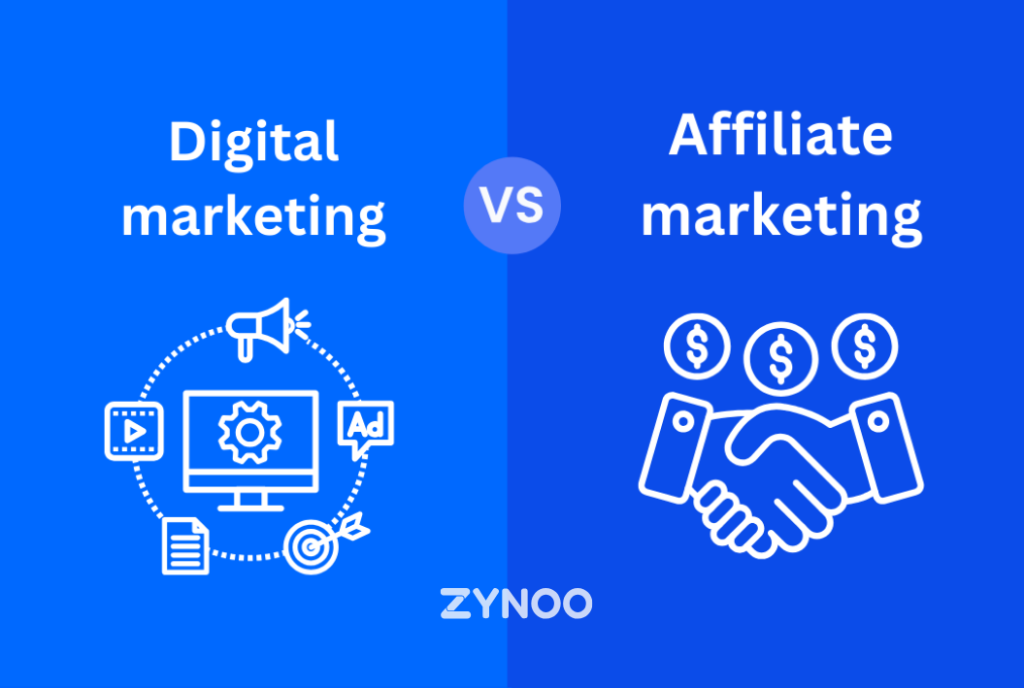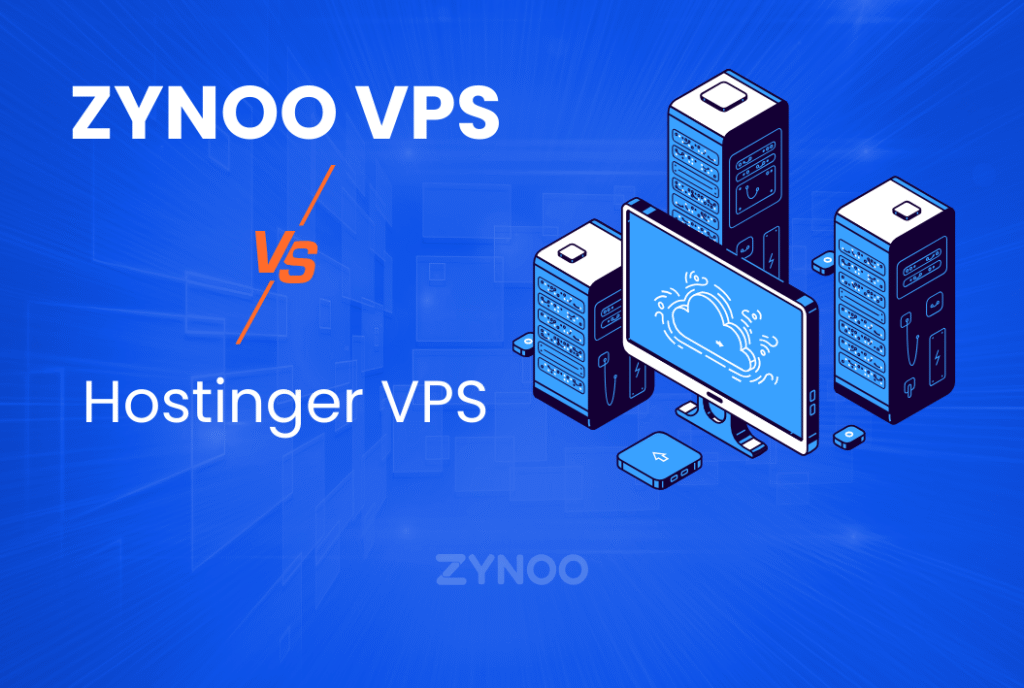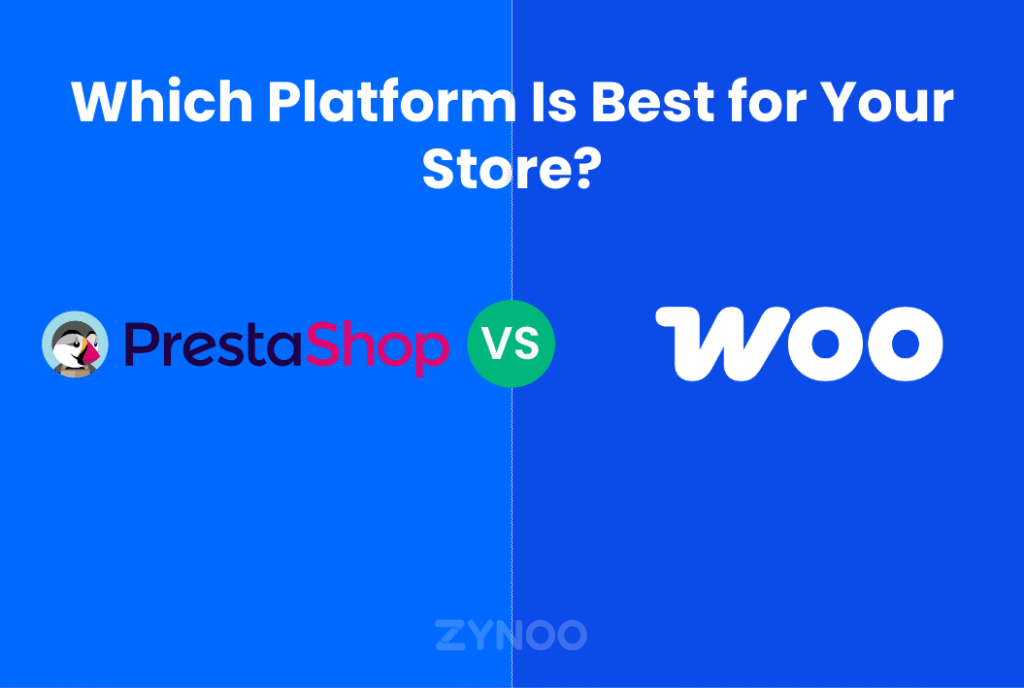Digital marketing vs affiliate marketing have emerged as two key strategies for businesses aiming to reach larger audiences, generate sales, and build brand recognition. However, each method has distinct characteristics, making it essential to understand their differences, strengths, and limitations to determine the most suitable approach for specific business needs. In this article, we will explore the fundamental aspects of digital marketing vs affiliate marketing, comparing their effectiveness, costs, audience reach, and more to help you make an informed decision for your business strategy.

Understanding Digital Marketing
Digital marketing encompasses a broad range of tactics designed to promote products, services, or brands through digital channels. Unlike traditional marketing, digital marketing leverages online platforms, search engines, social media, and email to engage with potential customers. This strategy allows businesses to communicate with consumers more personally and directly than traditional approaches.
Core Components of Digital Marketing
Digital marketing consists of several key components, each contributing uniquely to a campaign’s success:
- Search Engine Optimization (SEO): Optimizes website content to rank higher on search engines, enhancing visibility.
- Content Marketing: Engages users by providing valuable, informative, or entertaining content that nurtures trust and interest in the brand.
- Email Marketing: Targets specific customer segments with tailored messages, nurturing relationships and driving sales.
- Social Media Marketing: Promotes content, engages with followers, and enhances brand loyalty on platforms like Instagram, Facebook, and LinkedIn.
- Pay-Per-Click (PPC) Advertising: Generates traffic by placing ads on search engines and social media, charging based on clicks.
Each of these components works synergistically, creating a comprehensive strategy that can build brand awareness, nurture customer relationships, and drive conversions.
Understanding Affiliate Marketing
Affiliate marketing is a performance-based marketing strategy in which businesses partner with individuals or companies (affiliates) to promote their products. Affiliates earn a commission for driving traffic or sales, which makes this a cost-effective method, especially for businesses with limited budgets.
Core Components of Affiliate Marketing
Affiliate marketing involves several unique elements:
- Affiliate Networks: These networks connect businesses with potential affiliates and provide the infrastructure to track performance and manage payments.
- Tracking and Attribution: Tools and software track the source of leads or sales, ensuring affiliates receive proper credit.
- Commission Structures: Affiliates earn commissions, either through a percentage of sales, pay-per-click, or other models.
With low upfront costs and high scalability, affiliate marketing allows businesses to access new audiences through affiliates’ networks and influence.
Digital Marketing vs Affiliate Marketing: Key Differences
While both digital marketing and affiliate marketing operate online, they have distinct differences:
- Control: Digital marketing allows for greater control over messaging, branding, and target audiences, while affiliate marketing relies on affiliates to communicate the message.
- Scale and Reach: Digital marketing campaigns can have a broad reach but require more effort and resources to scale. Affiliate marketing, on the other hand, can reach wider audiences more quickly by leveraging affiliates’ existing networks.
- Investment and Cost Structure: Digital marketing often requires upfront investment in tools, ads, and content. Affiliate marketing is generally commission-based, reducing initial costs but potentially yielding lower control over brand representation.
Pros and Cons of Digital Marketing
Digital marketing offers a flexible approach but comes with its own set of pros and cons:
- Pros: Full control over messaging, broader audience targeting, high scalability, real-time data insights.
- Cons: Higher initial costs, requires consistent content creation, time-intensive.
Pros and Cons of Affiliate Marketing
Affiliate marketing is effective for low-budget campaigns, but it also has limitations:
- Pros: Cost-effective, minimal initial investment, scalable, allows for quick audience expansion.
- Cons: Limited control over brand image, affiliate relationships may be less predictable, potential for low-quality leads.
Costs Involved: Digital Marketing vs Affiliate Marketing
When considering costs, digital marketing generally requires an initial investment in tools, ad spend, and possibly hiring skilled personnel. The expenses can vary widely depending on the channels and methods used, but the higher costs are often balanced by the control and customization available in digital marketing.
Affiliate marketing’s cost structure, on the other hand, is performance-based. Businesses only pay affiliates for completed actions, like sales or leads, making it a budget-friendly option. However, businesses may need to pay platform fees if they join affiliate networks, and they may see fluctuations in quality and volume of leads.
Audience Reach: Which Strategy is More Effective?
Digital marketing can target specific demographics on different platforms, ensuring that messaging reaches the intended audience. Social media, for instance, allows businesses to engage with followers directly and build a loyal community. Email marketing can also reach specific customer segments with personalized messaging.
Affiliate marketing expands reach by tapping into affiliates’ established audiences, which can be advantageous for brands that are less well-known. By aligning with affiliates who have
a strong following, businesses can benefit from a larger, potentially diverse audience without the need for intensive content creation or paid advertising.
Conversion Rates and Building Trust
Both strategies can yield strong conversion rates, but they differ in approach. Digital marketing provides direct control over messaging, potentially allowing businesses to create content and campaigns that align precisely with their brand voice. Affiliate marketing, while effective, relies on affiliates’ ability to represent the brand accurately. By choosing reputable affiliates, businesses can build trust through third-party endorsements.
Time Commitment: Digital Marketing vs Affiliate Marketing
Digital marketing requires significant time investment, particularly for content creation, campaign monitoring, and optimization. For businesses with the capacity to manage these tasks, digital marketing can be highly rewarding but is not a quick or easy approach.
Affiliate marketing, conversely, offers a more hands-off approach, as affiliates manage most of the promotional work. Businesses still need to monitor performance and engage with top-performing affiliates, but the time commitment is generally lower.
Analytics and Metrics
Analytics play a crucial role in both digital and affiliate marketing:
- Digital Marketing Metrics: Website traffic, social media engagement, email open rates, and conversion rates.
- Affiliate Marketing Metrics: Click-through rates, conversion rates, commission earnings, and return on ad spend.
Each strategy offers tools and platforms that provide data insights, allowing businesses to optimize based on performance.
Choosing the Right Strategy for Your Business
Selecting between digital marketing and affiliate marketing depends on your business goals, resources, and desired level of control. Digital marketing is ideal for businesses that want to build a direct relationship with their audience, while affiliate marketing works well for companies looking to scale quickly without substantial upfront investment.
Consider your business’s size, budget, industry, and audience when deciding between these two approaches, and remember that a combination of both can often yield the best results.
FAQs: Digital Marketing vs Affiliate Marketing
Digital marketing is a broad strategy that encompasses various online tactics like SEO, email, and social media marketing to promote a business. Affiliate marketing, on the other hand, is a performance-based method where businesses partner with affiliates who promote products for a commission.
Affiliate marketing is generally more cost-effective because it operates on a performance-based model. Businesses only pay affiliates when desired actions (like sales) are completed. Digital marketing can require significant upfront investment in tools, ads, and content creation.
Yes, combining both strategies can be highly effective. Digital marketing can help build your brand and establish an online presence, while affiliate marketing can scale your efforts by leveraging affiliates’ networks to increase reach and sales.
Affiliate marketing is often a good choice for small businesses with limited budgets since it doesn’t require upfront costs and scales easily. However, digital marketing provides more control and can be highly effective if resources are available for targeted campaigns.
Digital marketing often requires some technical skills, such as understanding SEO, analytics, or ad platforms. Affiliate marketing is simpler to start, but you’ll need to know how to find and manage affiliates effectively.
Success in affiliate marketing is tracked using metrics like click-through rates, conversions, sales volume, and commission earnings. Many affiliate programs and networks offer built-in tracking tools to measure performance.
Conclusion
Digital marketing vs affiliate marketing each offers distinct advantages, and the best choice depends on your business’s unique needs. Digital marketing provides control, flexibility, and direct engagement with customers, while affiliate marketing offers a cost-effective, hands-off approach to reaching new audiences. By understanding the differences and benefits of each, businesses can craft a marketing strategy that aligns with their objectives and drives growth.



